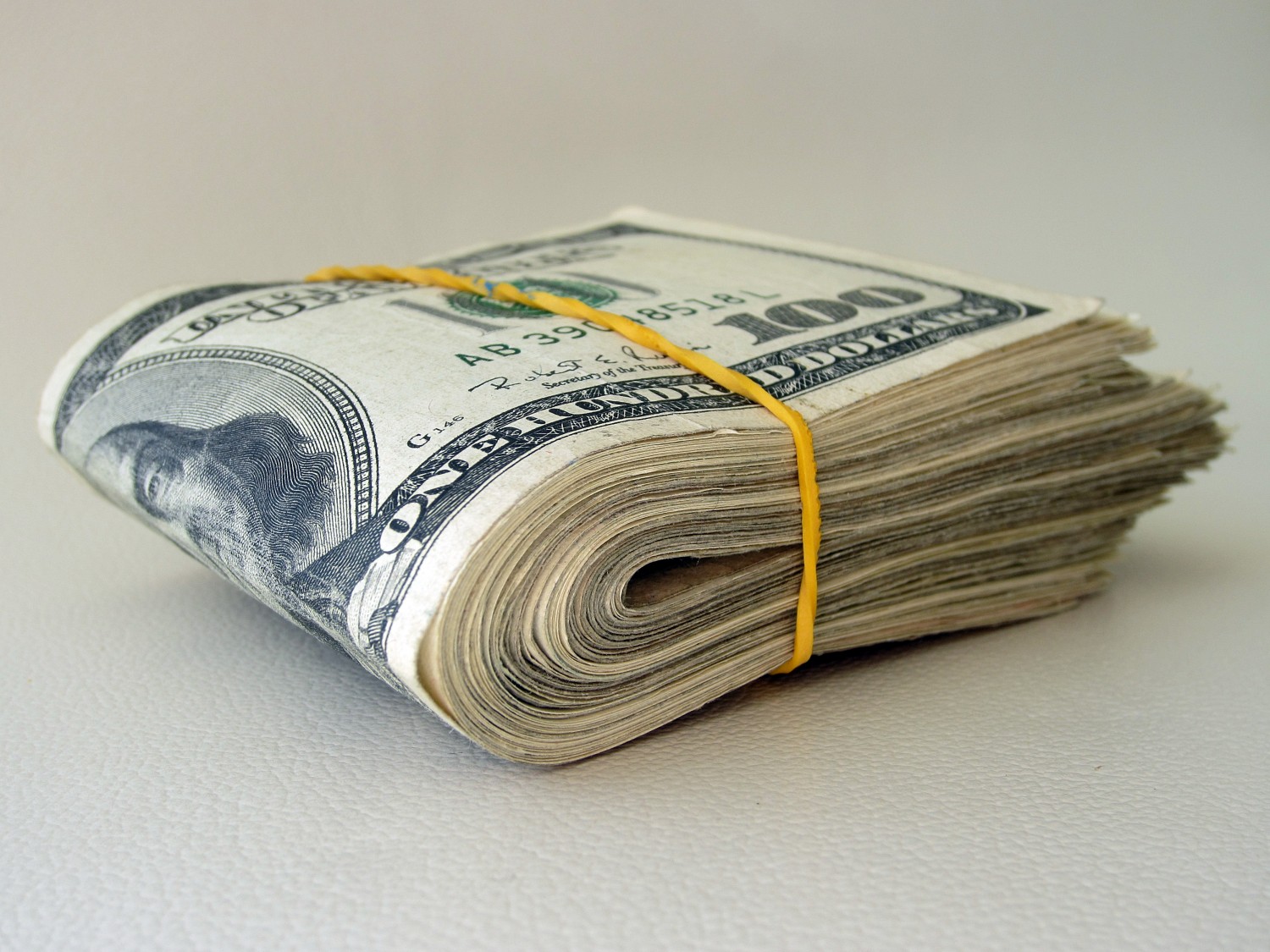Let’s start with some good news: Nearly three-quarters of Americans have an emergency savings fund to pay for unexpected expenses, like a medical bill or day-to-day living expenses in the case of a layoff. That’s the best rate of emergency savers since 2011 when BankRate started its poll.
Of those with emergency savings funds, 31 percent have what’s considered a good savings cushion, covering at least six months worth of expenses. Again, this is the best that Bankrate has seen since first starting this survey seven years ago.
Finance experts disagree some on how much you should have in your emergency fund. While many say you should have enough set aside to get you by for three to six months, finance expert Suze Orman argues you should have enough saved up to get you by for a year.
Also worth noting, an emergency savings fund is different than a rainy day fund, which can be used to buffer expenses you can likely foresee like a car repair or a maintenance fix around your home. Both are crucial, though, because not being able to pay for additional or unexpected expenses can send you into a financial tailspin.
If you’re reading this and wish you too could be in this category of proactive emergency savers, we’ve found a nifty calculator that will help you determine just how much you need to save for emergency funds.
AlabamaOne Credit Union put together the helpful calculator that anyone can use to determine how much they should squirrel away for an emergency.
The calculator begins by asking how much you have in your emergency fund to start with and how long you want the fund to last. Then, it layers in several expense categories including your mortgage or rent; auto loan; personal loans; charge accounts; taxes; utilities; household repairs; food; childcare; clothing and laundry; vehicle expenses; life insurance premiums; insurance plans for your home and auto; club memberships; gifts and more.
You can find similar emergency fund calculators here and here, as well.
Calculating exactly how much you need for an emergency savings fund is the easy part. Here’s some tips on how to start saving if you don’t make a lot of money.








